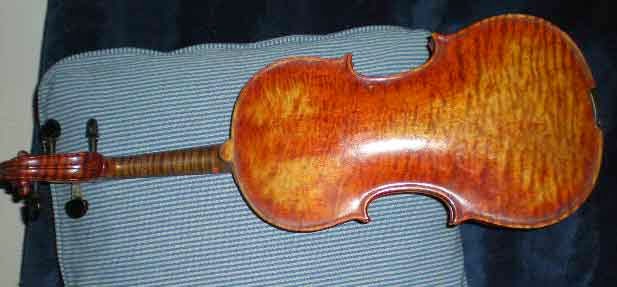(This is a story I wrote for my high school class of 1954...which just held their 60th reunion...)
"Blow me a kiss from across the room...Touch my hair as you pass my chair, little things mean a lot." -Kitty Kallen
That was one of OUR songs back in 1954 and I've been humming it all day thinking of all you lucky Wildcats who attended our 60th Reunion last week.
I'll bet the farm that 99.9% of the conversations that night were about those "Little Things"...that memories of are made of.
I know mine are:
 |
| Bo Madden |
Second Grade teacher was asking us to stand and say our names:
MISS TERRY: "And what is YOUR name young man?"
BO MADDEN: "BO"
MISS TERRY: "Well, you must have a last name; besides BO is just a nickname...for, oh, probably Boregaurde. So, again, what is your name?"
Pause...
(firmly)
"BO! BEE OH, BO!"
From then on, he was always "B.O. BO" to me.
The Elizabeth School janitor and all around fix it guy was a very large man named
Mr. Williams. I never saw him without a huge wad of tobacco in his jaw.
But I never saw him spit. Amazing.'
My favorite bus driver (6 ELIZABETH) was
Mr McKeever.

My greatest ambition at Elizabeth School was to someday be a patrol boy. You were chosen by your 5th grade teacher, who, in my case was
Miss Willis. I forget what month it was, but I know what DATE it was. It was the 8th of something. That was the day I had convinced my Mom that I was too sick to go to school. But, amazingly, later that day, I felt good enough to go out and play with my friends who, poor souls, had spent the day in school.
As luck would have it, who would come driving down East 5th Street, just as I was catching a long pass ..on the vacant lot next to the street but
Miss Willis.
That night, I marked every 8th day of every month on the family calendar....BAD DAY! I could see my Patrol Boy Career going down the drain.
Miss Willis was driving one of those new fangled
Kaiser/Fraser automobiles. Wearing a Blue dress.
Some things you never forget.
She had a bit of a mean streak, although she DID recommend me for Patrol Boy; I've never forgiven her for punishing a boy named
Charlie Stone who acted up a little in class one day....and she refused to allow him to participate later that day in our orchestra concert that he had worked so hard on all year.
Seeing him cry at his desk that day still haunts me.

I loved comic books, in fact, that's how I learned to read. My first attempt at being creative was to draw a primitive comic story of my own one day and got up enough nerve to show it to one of my 4th grade classmates,
Richard Stowe. To my amazement he said he
liked it!
That's all the encouragement I needed! I've never stopped telling stories.
Things I learned from
other's mistakes in class:
South Carolina is NOT the
Pimento State.
If you are ever tempted to forge your Mom's signature on your report card, DON'T spell her first name, MISS.
 |
| Clorox 1940's bottle |
And don't believe everything your friends tell you.
For example, "CLOROX will erase INK"
Changing a
D to a
C burned a damm hole right through my report card.
-Ed



































